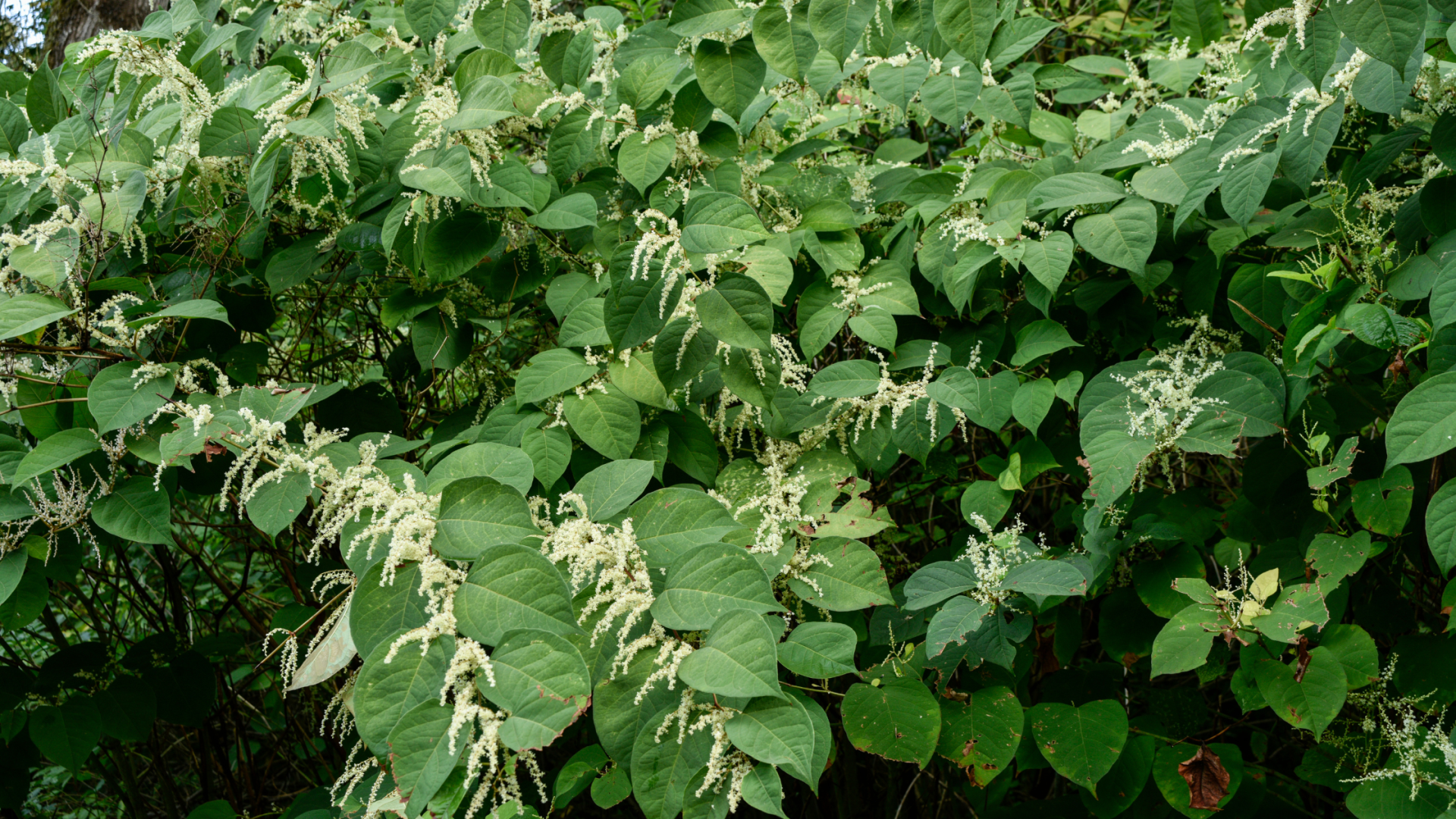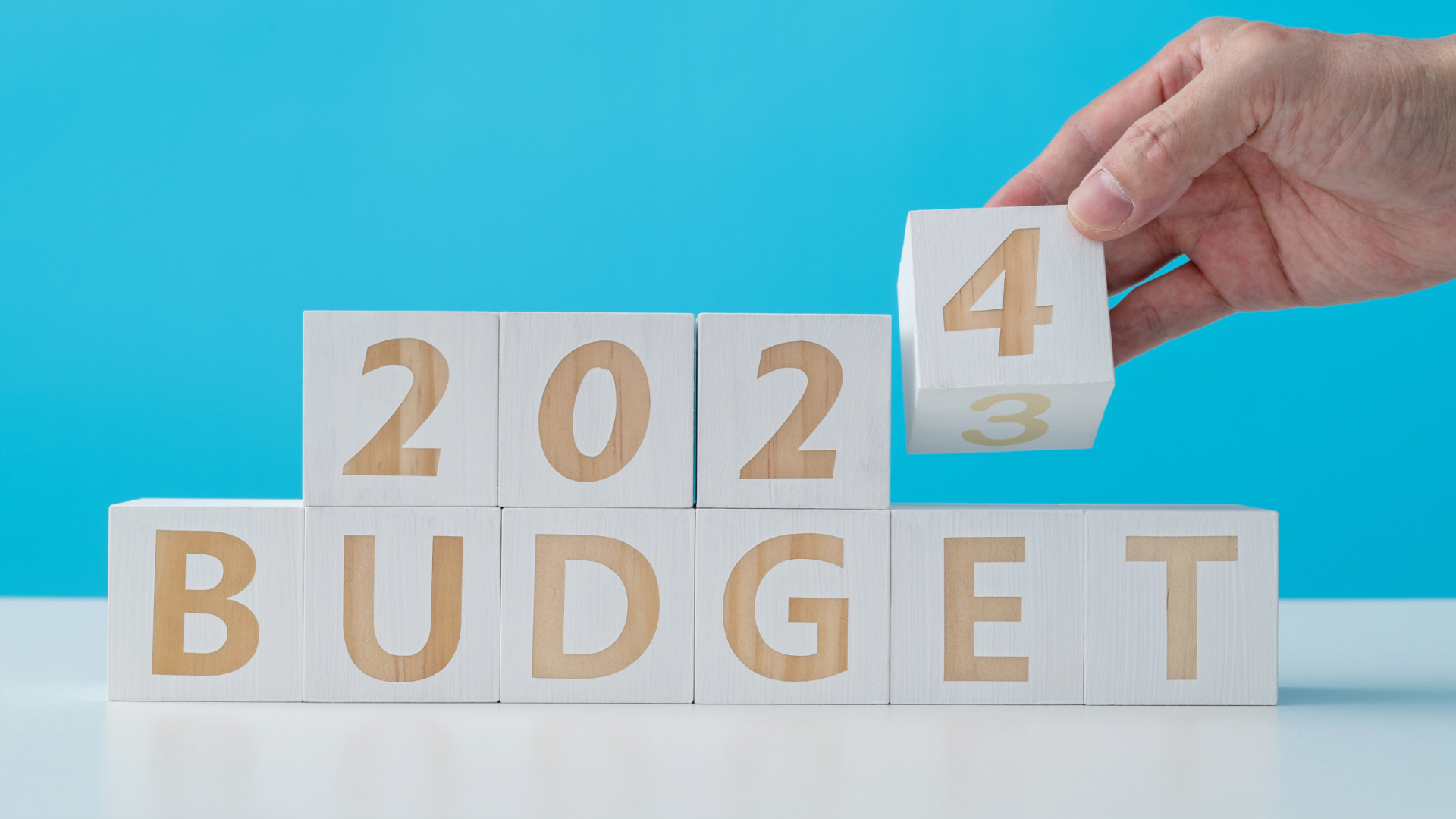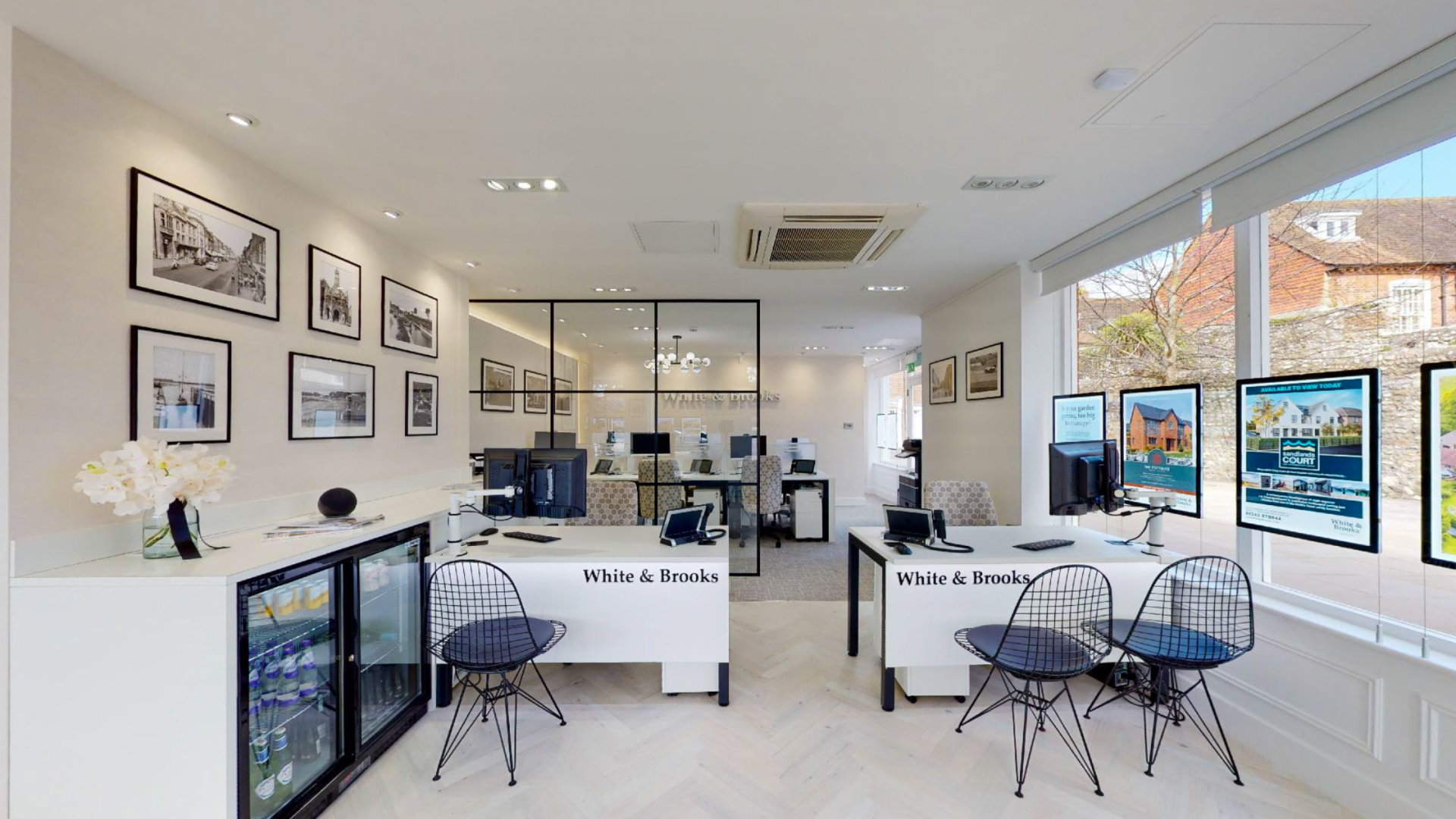In a world where climate change and doing your bit for the environment is high on the global agenda, buying green could be the key to going green.
Latest government figures have revealed that there’s been a significant increase in the energy efficiency of new build homes, with 85% of new properties across England and Wales offering an energy rating of A or B.
This is in stark comparison to the 2.2% of existing properties built using older construction methods - many of which could never compete on an environmentally friendly level, no matter how many improvements you make.
As well as being good for your conscience, buying a greener new build home could be good for your bank balance too. We’ve already written about the various discounts and first-time buyer schemes available on new properties, but research also shows you could save hundreds of pounds a year on bills – enough to pay for a premium TV subscription or a Premier League season ticket.
And landlords considering investing in a new build to rent out? Then you’ll be pleased to know that 98% of tenants would prefer a green home while over half would be willing to pay a premium for one, according to lettingaproperty.com.
Energy efficiency benefits of buying a new build home
The commitment to ‘building back Britain’ in a more energy efficient way starts with the house builder. Many construction companies have pledged to adopt minimum green, bio-diversity and sustainability practices that means less wildlife displacement, the use of existing derelict sites over unspoilt green land, and effective waste disposal and recycling initiatives.
A lot of house builders also make every effort to use modern methods of construction (MMC) and source materials locally and ethically, such as responsibly sourced FSC approved timber from sustainable forests.
Once the homes are built, the benefits pass on to the residents:
- Insulation: Buyers of new build homes can expect seriously good insulation – something most older properties do not benefit from. Insulated walls, floors and roofs are the foundations of an energy efficient home.
- Heating: Right now, new homes will also have the highest rated boilers, probably with smart metres and time/zone controls, which means you only need to heat the part of the house in use. There’s also a movement towards more sustainable central heating. In fact, house builders will be banned from installing conventional gas boilers and oil-fired boilers from 2025, with heat pumps the most likely alternative.
- Low-energy lighting & appliances: Buying a new build home often includes appliances such as tumble dryers, washing machines and fridge freezers. House builders will install appliances with the best energy ratings and will commonly ensure all light bulbs are low-energy LEDs too– possibly with motion sensors.
- A-grade windows & doors: The efficiency of a window or door is measured by the materials and processes used, sound reduction, security, natural daylight provided and heat insulation. These days, glazing used in new builds is high-performance, at least double glazed (possibly triple) and manufactured to include argon gas to improve thermal insulation efficiency.
- Car charging points: As drivers prepare for the phasing out of diesel and petrol cars - which will be banned from sale in the UK from 2030 - all new build homes are to have electric charging points installed.
Go greener – go eco
In addition to small and large scale new build developments, there are some niche eco-developments popping up across the county that offer the greenest of the green home credentials.
Equipped with solar panels that provide power; ventilation and heat recovery systems that provide fresh air without letting heat escape; aerated taps and shower heads to keep water consumption low; and ‘living’ roofs that aim to increase biodiversity, these homes are built for wannabe eco-warriors.
If you want to learn more about the greener new-build homes available in Chichester and Bognor Regis, call our specialist New Homes department.


 By
By 



Share this with
Email
Facebook
Messenger
Twitter
Pinterest
LinkedIn
Copy this link